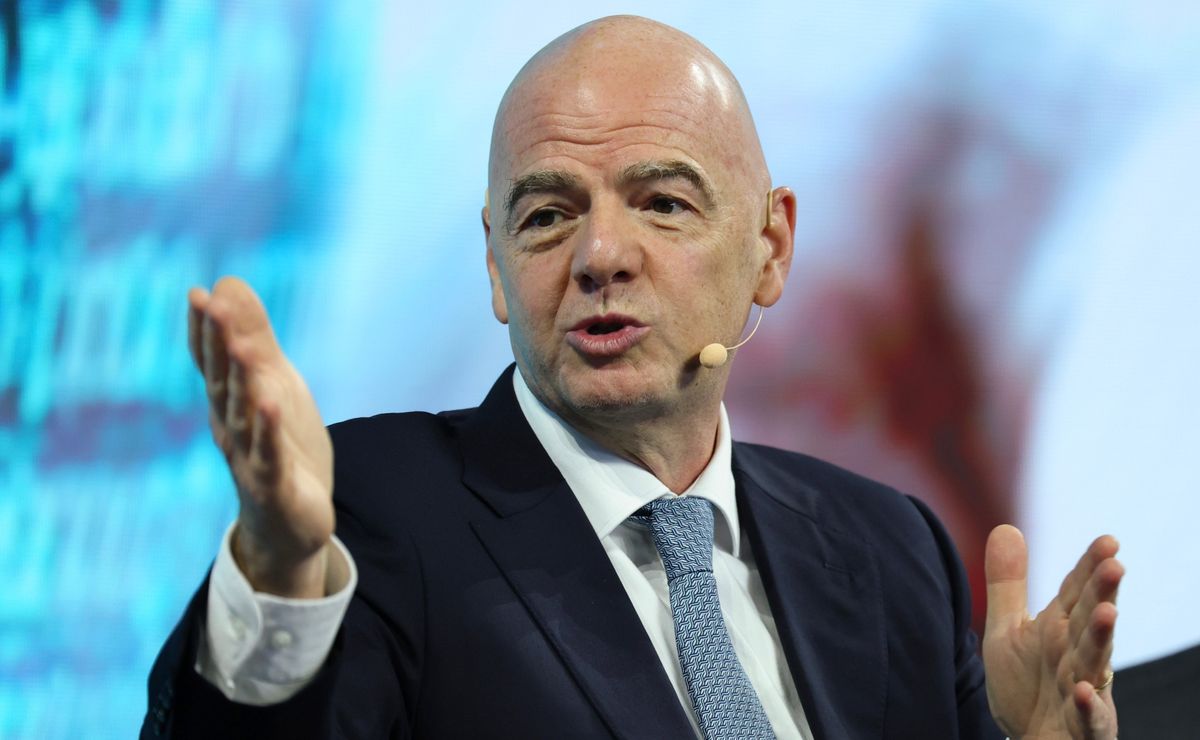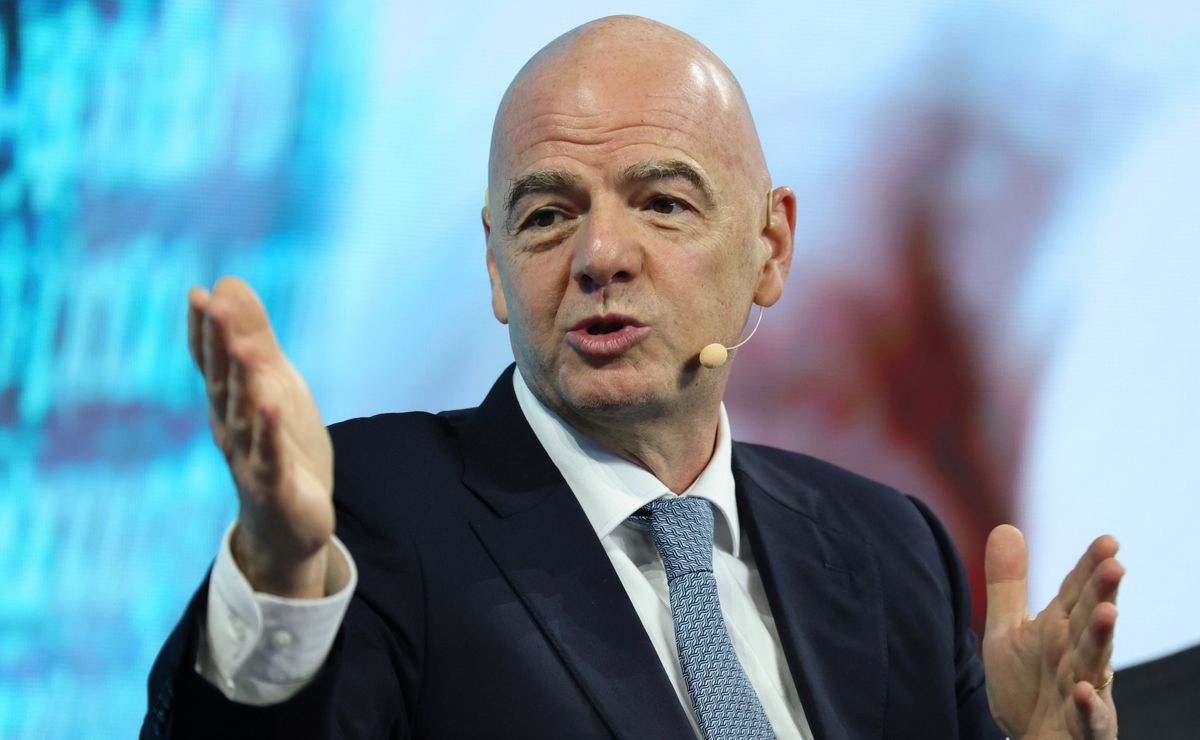
By less than a year until 2026 FIFA World Cup Starts in the United States, Mexico and Canada, Fifa is Already considering significant changes in the tournament schedule In response to anxiety about extreme heat.
A new study has highlighted the intense conditions expected during the summer months in the host countries, urges recommendations now being considered by Fifa. These recommendations would significantly affect the format of the tournament and players.
A study conducted by Queens University Belfast has analyzed the meteorological conditions that are expected over the various tournaments during the summer months. The study concluded that high temperatures, significant humidity and INtense solar radiation will be widespread.
Based on this analysis, researchers have recommended two important changes: adjustment of match times to Avoid top heat and extend compulsory hydration interruptions to more than three minutes per half. These recommendations directly deal with the player’s security and well -being.
FIFA’s potential schedule adjustments
The study’s results and recommendations have been shared with FIFA, which is now evaluating the feasibility of implementing these changes. The potential adjustments would affect the timing of the matches, likely varying kick-off times until later in the day or evening to mitigate the impact of the extreme heat.
Longer hydration, exceeds the current three minutes per halfThe would also be implemented. These changes are considered to minimize the risk of heat -related diseases among players.
The World Cup 2026 is not the first held in a region known for intense heat. 1970 and 1986 tournaments in Mexico and 1994 tournament in the USA, All the criticism introduced for matching and high temperatures.
Diego Maradona, famous, expressed his concern over match times during the Mexico ’86 tournament, Although FIFA ignored these problems. The 1994 World Cup, played at noon, recorded a temperature of 40 ° C, which highlights the potential risks associated with poorly scheduled matches in hot climate. This story emphasizes the importance of taking preventive measures in 2026.
While significant technical advances in cooling systems have occurred since the previous World Cup, only three of the sixteen 2026 places – in Dallas, Houston and Atlanta – currently have cooling systems installed at their stadions. This limited availability means that mitigation of the effects of extreme heat relies strongly on scheduling adjustments and suitable hydration breaks.





